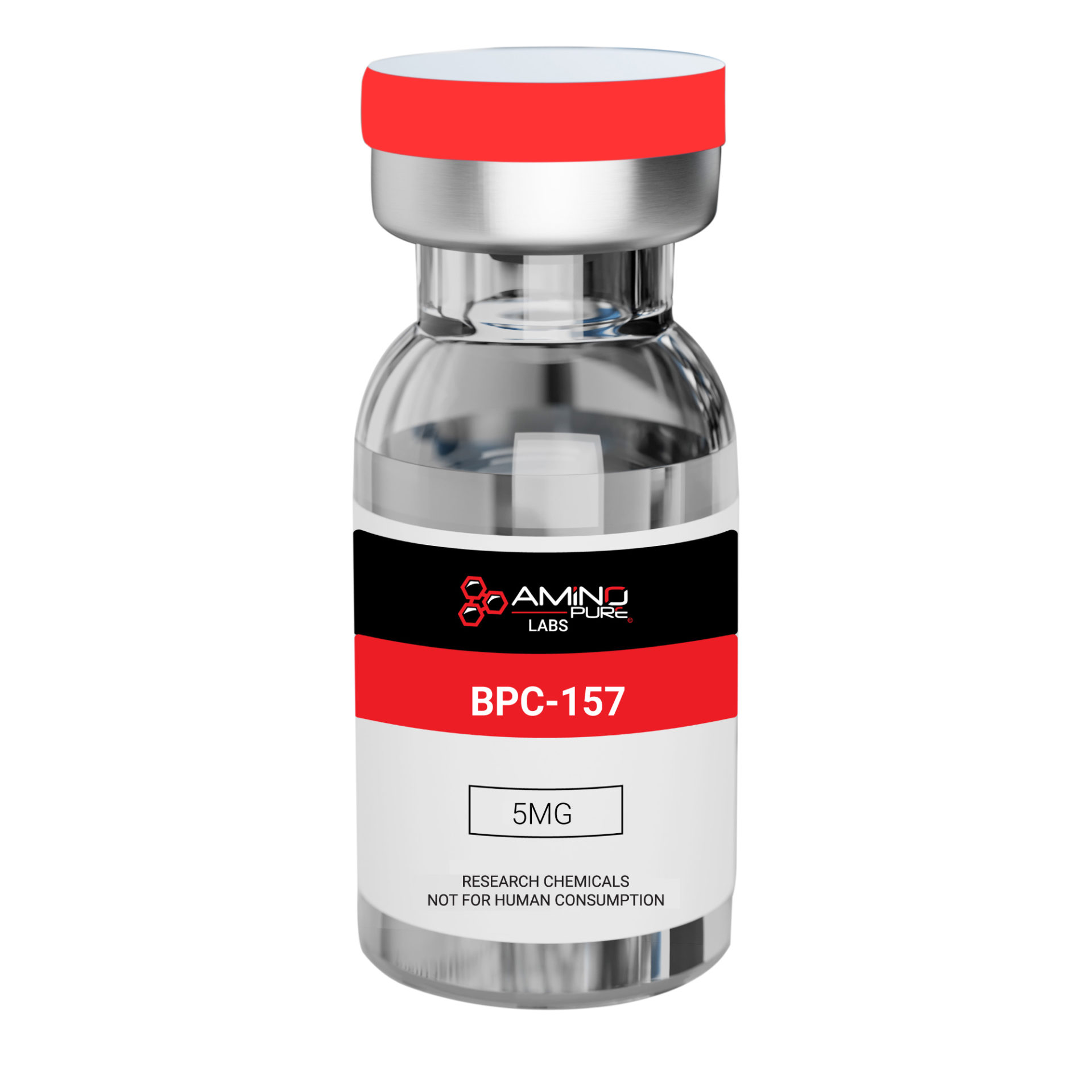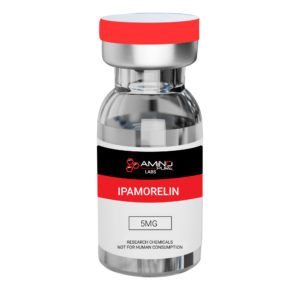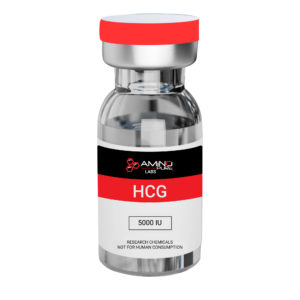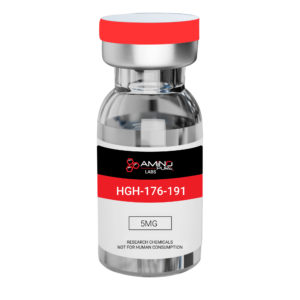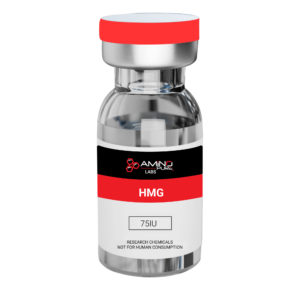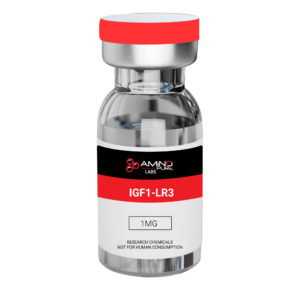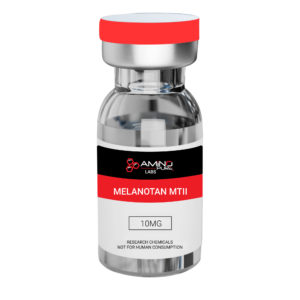Description
BPC-157 DESCRIPTION
Pentadecapeptide BPC-157 (Body Protection Compound-157) consisting of 15 amino acids is derived from a protective protein found in the stomach (body protection compound (BPC)). It has been tested in animal trials for cytoprotective and wound healing activities. BPC-157 can contribute to wound healing due to muscle and tendon rejuvenating properties through accelerating the rate of angiogenic repair.
Angiogenesis is the physiological process through which new blood vessels form from pre-existing vessels, formed in the earlier stage of vasculogenesis. It is a vital function, required for growth and development as well as the healing of wounds. Use of BPC-157 increases the formation of granulation tissue in the body, stimulates collagen production, promotes angiogenesis and increases blood supply to the tendons and ligaments, where it is usually low. BPC-157 also speeds up healing as more white blood cells can reach the affected area.

CLINICAL TRIALS AND BPC-157 RESULTS
Clinical trials have demonstrated BPC-157 significantly accelerates and improves the healing of many different wounds, damaged muscle, nerves, ligament and tendon issues and broken bones. It is highly effective in healing injuries such as torn quadriceps, detached Achilles tendons and damaged or crushed muscles. In addition, BPC-157 has also proven highly effective in protecting certain organs.
SCIENTIFICALLY INVESTIGATED POSSIBLE BENEFITS OF BPC-157
-
- BPC-157 significantly improves and accelerates the healing of many different wounds; ligament and tendon issues, damaged muscle and nerves, broken bones
- BPC-157 is highly effective in healing serious injuries such as torn quadriceps, detached Achilles tendons and damaged or crushed muscles
- BPC-157 promotes the outgrowth of tendon fibroblasts, cell survival under stress, and the migration of tendon fibroblasts
- BPC-157 protects liver from toxic insults (alcohol, antibiotics, etc) and promotes its healing and regeneration
- BPC-157 heals ulcers, inflammatory bowel diseases, inflamed intestinal epithelium (leaky gut)
- BPC-157 has also proven highly effective in protecting other certain organs
- BPC-157 may improve blood pressure and nitric oxide (NO) production
- BPC-157 protects the brain and nervous system
- BPC-157 does have anti-inflammatory effect
- BPC-157 supports collagen production
- BPC-157 improves digestive function
BPC-157 POSSIBLE SIDE-EFFECTS
Scientific studies and clinical trials to date have not shown any significant side, undesirable or toxic effects when investigating the BPC-157 peptide. Nevertheless, it is not excluded that further future research may reveal risk factors that are currently unknown.
BPC-157 FAQ
What purposes has BPC-157 been studied for?
Peptide BPC-157 has been investigated mainly for inflammatory bowel disease and soft tissue healing.
Is BPC 157 safe/dangerous?
BPC-157 has proven safe to date in performed clinical trials in inflammatory bowel disease and wound healing, stable in human gastric juice, and no toxicity being reported.
May BPC 157 represent risk related to cancer?
The growth of new blood coils is useful in repairing wounds and wound healing. But also it can be dangerous when it comes to cancer. While no studies suggest that BPC 157 increases the risk of cancer, its ability to increase blood vessel growth may feed existing tumors and cause them to spread. On the other hand, BPC 157 may be useful for reducing muscle wasting in cancer patients. Further research is still needed in this matter.
Is BPC-157 included on WADA Prohibited List?
Peptide BPC-157 is not presently included on the World Anti-Doping Agency (WADA) Prohibited List. However, this could change in the future if it is determined to meet at least two of the three inclusion criteria for the WADA Prohibited List.
BPC-157 DOSAGE
In the scientific studies and clinical trials performed, the standard dose of BPC-157 is often reported as 200 mcg and medium dose as 500 mcg, administered once daily. Or for severe damage 350 mcg twice daily (totalling 700 mcg per day).
After 4 weeks of regular use, treatment should be discontinued minimal for a period of another 2 weeks. BPC-157 can be used both intramuscularly and subcutaneously, as close as to the injection site as possible.
OVERVIEW
BPC-157 has been tested in animal trials for cytoprotective and wound healing activities. Clinical trials have demonstrated this peptide significantly accelerates and improves the healing of many different wounds, damaged muscle, nerves, ligament and tendon issues and broken bones; and has also proven highly effective in protecting certain organs. Although scientific studies and clinical trials to date have not shown any significant side, undesirable or toxic effects when BPC-157 was tested, further research on BPC-157 is still needed.

